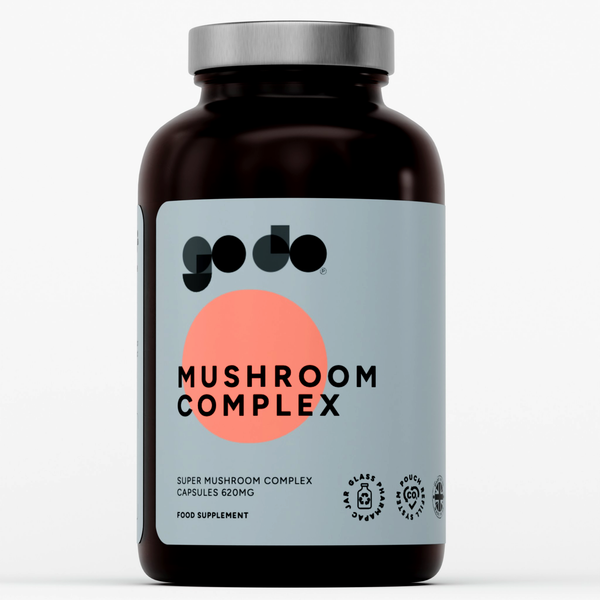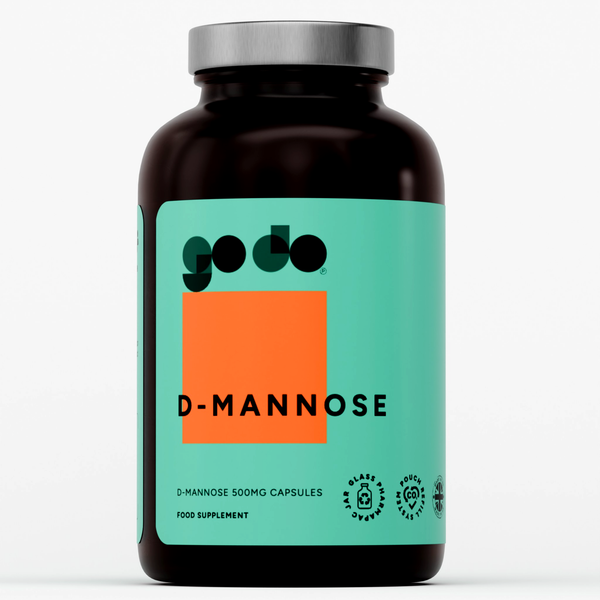Are you at risk of a magnesium deficiency ? Should you be taking a supplement to make sure your body has enough of this very essential nutrient?
What does magnesium do?
Magnesium is necessary for proper body functioning. It helps you to stabilise your blood pressure, keep a normal heart rhythm and improves your bone strength.
What happens if you don’t have enough magnesium in your diet, then? You increase your risk of major diseases such as cancer, diabetes and heart disease as well as certain health conditions such as high blood pressure and osteoporosis.
What can put you at risk of a deficiency?
Certain people have increased risks of either not getting enough magnesium in their diet or not absorbing what they are taking in. According to WebMD, those people are ones with digestive issues, kidney disease, those taking medications for cancer and diabetes and people with parathyroid issues.
Your risk of deficiency increases as you age and it is also raised if you drink excessive amounts of alcohol. So, as you can see, some risk factors are outside your control, while others are related to lifestyle and unhealthy behaviours.
How much magnesium should you get daily?
Females 19-30 years of age should get 310 mg per day, and that amount increases to 320 mg per day for those 31 and over. Pregnant women may need slightly more so check with your doctor.
Males in the 19-30 age range should aim for 410 mg per day of magnesium, while those over 31 should get 420 mg per day according to the Recommended Daily Allowance (RDA).
It’s best to get magnesium from food sources, such as spinach, nuts, whole grains and beans as too much magnesium can become toxic. However, if you do choose to take supplements, never exceed 350 mg for those ages 9 years and up.
Like anything else, moderation is the key to good health. So, get your recommended amount of magnesium. Nothing more and nothing less.




































































